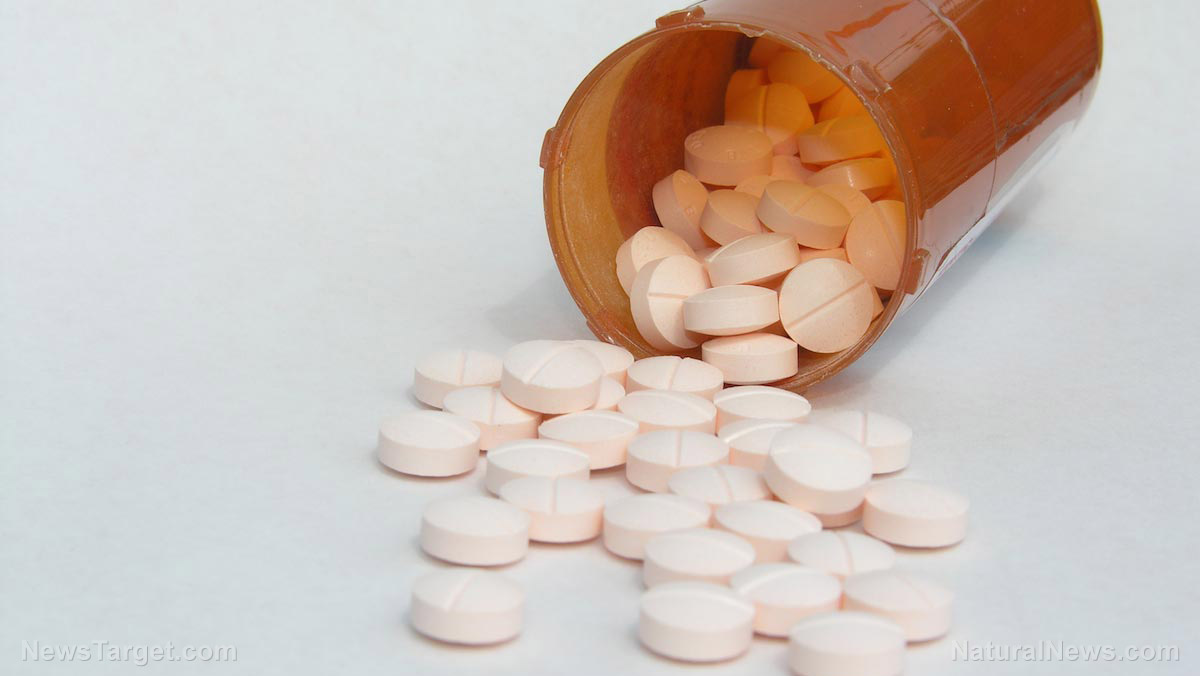
A new report from abortion research NGO, the Guttmacher Institute reveals that abortion administered by medication made up 63 percent of all abortions in 2023.
This development comes following a dramatic decline in access to surgical abortion following the Supreme Court's Dobbs v. Jackson Women's Health Organization decision in 2022 which repealed federal protections for abortion.
In 2000, the Food and Drug Administration (FDA) approved the use of the medications mifepristone and misoprostol to bring about medication abortion after 10 weeks of gestation. Mifepristone, a drug that blocks the progesterone hormone, also primes the uterus to respond to the contraction-causing effect of misoprostol. Since then, the use of the two-drug regimen for medication abortion has been increasing steadily.
Moreover, the decision of the Supreme Court to overturn the landmark 1973 Roe v. Wade ruling in 2022 resulted in limited access to surgical abortion procedures. The ruling has shuttered abortion clinics and effectively curtailed surgical abortion access in more than a dozen states. This has, in turn, led to a stark decline in surgical abortions and made the public heavily rely on medication abortions. (Related: Abortions in the U.S. HAVE INCREASED since the overturning of Roe v. Wade.)
According to the Guttmacher Institute, approximately 642,700 medication abortions took place in the first full calendar year after the Supreme Court overturned Roe v. Wade. The survey noted that the increase in total abortions was primarily concentrated in states where abortion remains legal.
The report also noted that there was a sharp increase in abortions in states adjacent to jurisdictions that have enacted full or near-total abortion bans, indicating that many women in these pro-life states are crossing state lines to have abortions.
The reliance on medication abortion has seen a notable increase of 10 percent since 2020. Overall, the increase accounts for 63 percent of the total number of abortions in the formal healthcare system, excluding terminations procured through pills mailed into the United States from abroad.
Rachel Jones, the principal research scientist at the Guttmacher Institute, said that the increase in medication abortions is not a surprise.
"As abortion restrictions proliferate post-Dobbs, medication abortion may be the most viable option – or the only option – for some people, even if they would have preferred in-person procedural care," she said. "For example, it is now possible in some states, at least for health care providers, to mail mifepristone to people in their homes, so that saves patients travel costs and taking time off work."
Federal Appeals Court ruling restricts delivery and distribution of abortion drug
Access to medication abortion is also hanging on by a thread, with the Supreme Court set to hear oral arguments on March 26 on whether to preserve or end broad access provided for the two-drug regimen to induce abortions.
This comes after a panel of three judges on the Fifth U.S. Circuit Court of Appeals in New Orleans reinstated restrictions on the delivery and distribution of mifepristone back in August.
"In loosening mifepristone’s safety restrictions, the FDA failed to address several important concerns about whether the drug would be safe for the women who use it," Judge Jennifer Walker Elrod, along with Judge Cory Wilson, wrote for the panel.
Meanwhile, Judge James Ho dissented, with Ho advocating for a complete revocation of the drug's approval, arguing that pregnancy is not an illness and therefore not subject to FDA approval under certain laws.
The ruling overturns parts of a lower court decision that would have rescinded the FDA's approval of mifepristone but still upholds limitations that would curtail its availability via mail order, restrict its usage to the first seven weeks of pregnancy instead of the previous ten and mandate its administration in the presence of a physician.
Check out Abortions.news for more stories related to the fight over abortion access.
Watch the full episode of the "Health Ranger Report" with Mike Adams and Susan Swift as they discuss the dismantling of the abortion cartels.
This video is from the Health Ranger Report channel on Brighteon.com.
More related stories:
Sources include:
Please contact us for more information.




















